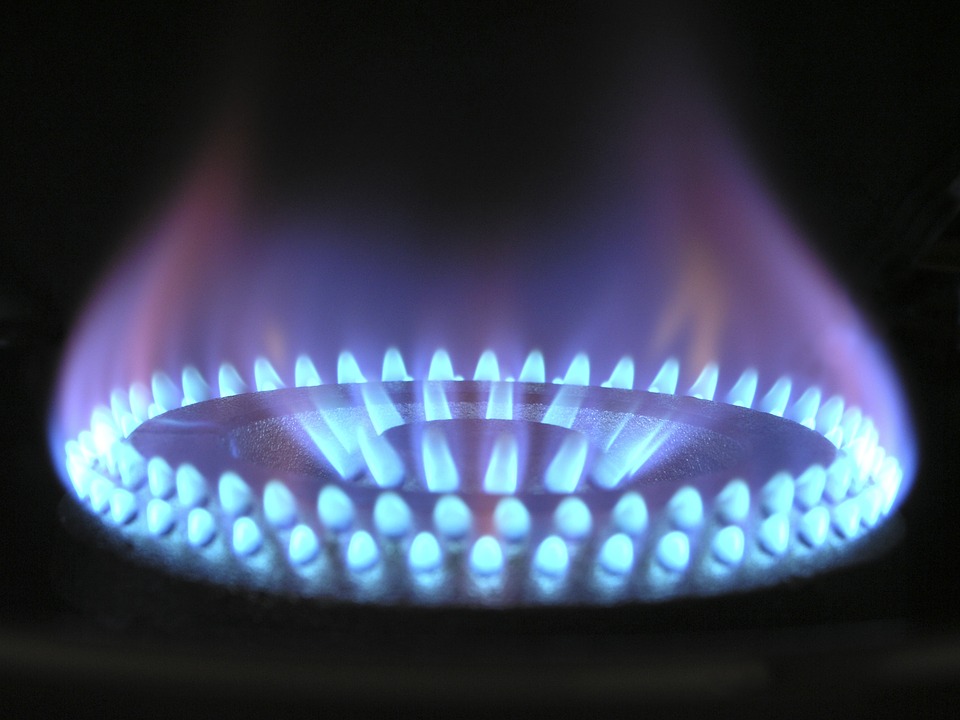SFHA: Funding demand reinforces the unprecedented scale and nature of the energy crisis

In the third round of the fund, 23 organisations received funding for initiatives
The Scottish Federation of Housing Association (SFHA) has said that demand for its new round of funding has highlighted the unprecedented scale of the energy crisis as well as housing associations and co-operatives’ determination to help tenants with spiralling fuel costs.
This latest £2 million round of the Social Housing Fuel Support Fund, which is part of the Scottish Government’s wider £10m Fuel Insecurity Fund, was significantly oversubscribed with bids.
The recent commitment by the Scottish Government to double the Fuel Insecurity Fund this year was welcomed by SFHA, and it will continue to highlight its case for additional funding support, where this can be best targeted to help those individuals who need it the most this winter.
In the third round of the fund, 23 organisations received funding for initiatives, including:
- Fuel vouchers and direct cash awards
- Energy advice provision
- Cooking equipment such as air fryers and slow cookers for tenants
- Foldable clothes air dryers for tenants
- Energy efficiency measures such as radiator reflective panels, draft excluders, smart plugs and LED bulbs
- Essential warmth items such as winter duvets and heated throws
Aaron Hill, SFHA director of policy and membership, said: “This timely and important funding from the Scottish Government is needed now more than ever, so housing associations and co-operatives can continue their vital work in tackling fuel poverty.
“Our members are working tirelessly to support tenants during the cost of living crisis, and a key area of that work is helping them with soaring energy bills.
“Demand for the Social Housing Fuel Support Fund was overwhelming, and within 36 hours it was oversubscribed, which reflects the desperate scale of the energy crisis as well as housing associations and co-operatives’ determination to help their tenants.
“SFHA will continue to work with the Scottish Government, so we can support tenants who are struggling during the cost of living crisis.”








